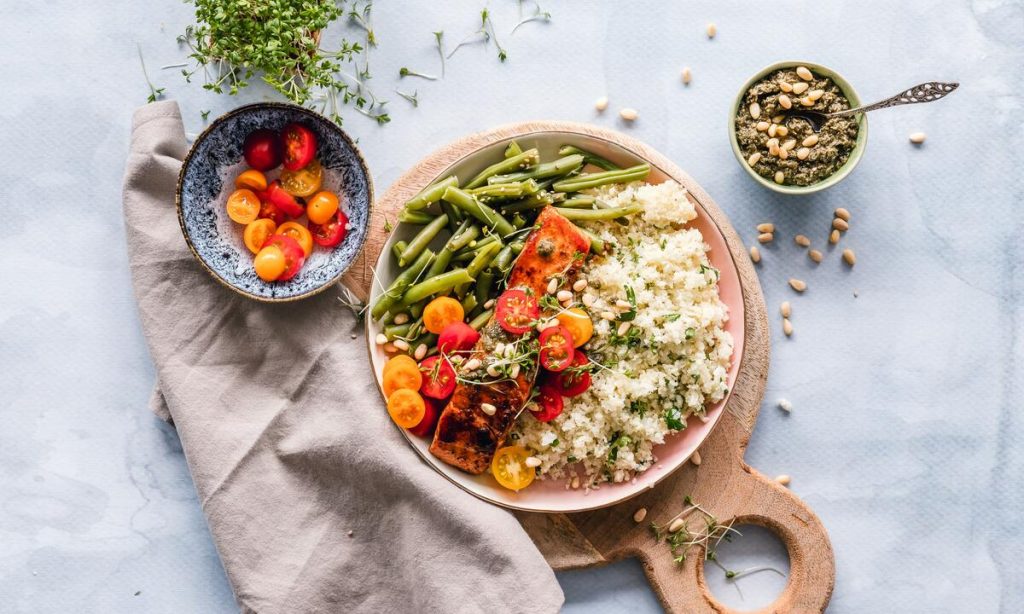Inflammation is an aspect of our body’s defence mechanism against foreign matter. When our immune system identifies something that does not belong in our body, this triggers inflammation, which is a result of removing this foreign matter and stimulating the healing process.
Generally, inflammation is supposed to be acute, which means that it is a result of a trauma or a specific harmful stimuli – it comes on quickly and only lasts a short period of time. In some cases, inflammation can become chronic, which means slow and long-lasting inflammation.
In the case of chronic inflammation, the body’s immune response remains activated even when there is no harm or foreign threat. Chronic inflammation can result in symptoms such as body and joint pain, extreme fatigue, skin rashes and more.
One of the best ways to combat inflammation is through your diet, as this can heal the body from the inside-out. If you suffer from chronic inflammation or are interested in prevention, here are some of the best anti-inflammatory foods to try (and what to avoid!).
What to eat more of:
Cruciferous vegetables
The antioxidants found in cruciferous vegetables, such as sulforaphane, can reduce the number of molecules that cause inflammation in the body.
Berries
Whilst being high in all sorts of vitamins and minerals (and therefore super healthy), berries also contain anthocyanins. These are antioxidants that can lower the risk of disease and inflammation.
Olive oil
Olive oil is high in monounsaturated fat (i.e. the good kind of fat) as well as a compound called oleocanthal, which can reduce inflammation and pain.
Tomatoes
As well as important vitamins and minerals like vitamin C and potassium, tomatoes contain lycopene, which is another antioxidant that aids in reducing inflammation.
Fatty fish
All fish contain omega 3s, but fatty fish have the highest concentrations of the omega-3 fatty acids EPA and DHA. These fatty acids are essential for reducing inflammation and help combat heart and kidney disease.
Legumes
Chickpeas, beans, peas, and lentils are all great sources of protein, fibre, vitamins, and minerals, and are filled with antioxidants that help fight inflammation.
Green tea
Not really a food, but green tea is a known source of antioxidants and contains a compound called EGCG, which is a polyphenol that reduces inflammatory response and boosts energy.
Dark chocolate
Good news! Chocolate is actually full of antioxidants called flavanols, which help improve vascular function, and should definitely be a part of your diet. Just make sure that it’s 70% cocoa and above.
What to avoid:
Processed foods
Chips, biscuits, processed meats and cheeses are usually high in sodium and unhealthy fats, which have been linked to inflammation.
Sugary foods and drinks
Sugars and refined carbohydrates can also increase inflammation in the body.
Fried foods
These are usually fried in partially hydrogenated oils and as such contain high levels of trans fats. Trans fats have been linked to a number of ailments as well as higher levels of inflammation.
READ MORE: 5 Online courses to learn about healthy eating
Featured image: Ella Olsson via Unsplash

